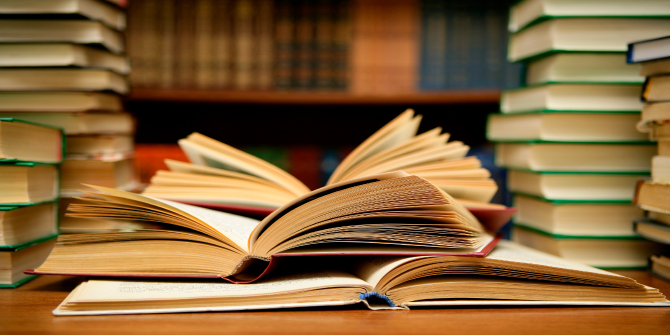Nature’s Way: A Sense of Beauty
By Patrick O’Sullivan (Veritas, €7.99 / £6.80 pb)
”If spring came but once a century instead of once a year….what wonder and expectation there would be in all our hearts.” Longfellow’s words are the author’s inspiration as he awakens us to the beauties of nature which we usually take for granted.
In this charming book, Patrick O’Sullivan walks and talks us through the year reminding us of the beauty of nature. All around us the earth is rejoicing in the life it brings into being, changing not only season by season, but hour by hour.
He reflects on the words of Patrick Pearse: ”The beauty of the world hath made me sad, this beauty that will pass.” On the contrary, the author urges us not to be sad, but to enjoy the pleasures of nature now, and also in memory with our ‘inner eye which is the bliss of solitude’ (Wordsworth).
In the dark and dreary days of January this slim volume will remind us to look forward to the snowdrops peeping from the ‘cold and frozen’ earth, and to the yearlong celebration of creation and the Creator.
The Beauty and the Sorrow: An Intimate History of the First World War
By Peter Englund (Profile Books, €29.43 / £25.00 hb)
Peter Englund, a Swedish historian, takes an original and revelatory approach to the Great War. His book is a chronological arrangement of excerpts from the wartime writings of 20 ‘ordinary’ men and women, combatants and non-combatants alike, of various nationalities. Their accounts reflect the experience of the conflict. Englund’s characters describe the treks they endure; the characters they come across; the horrors they witness. Their stories contrast sharply. A Venezuelan adventurer writes in horrifying detail about the Ottoman slaughter of the Armenians, while a German seaman complains about the aching tedium of life aboard a port-bound warship.
In their final letters the German characters mock their leaders and betters. By 1918 millions of their kin are subsisting on turnips. Then comes the news that it has all been in vain. The decorated soldier who will later become the conduit for postwar German rage and disappointment, tells us that at the armistice he ‘decided to become a politician’. This quote from Mein Kampf closes the book.
The Ayatollahs’ Democracy: An Iranian Challenge
By Hooman Majd (Allen Lane, €13.20 / £9.99 pb)
Iranian-American Hooman Majd has written an excellent introduction to Iran, a country that has long been the object of western suspicion. He clearly explains that this oil-rich country does need nuclear power, as its capacity for generating electricity is not keeping up with demographic and industrial growth. Oil may be a plentiful resource, but it is also a finite one. Iran has a strong sense of itself that is bound up with its antiquity. In a region of dreamed-up states and artificial borders it is the exception, having existed within accepted borders for 2,500 years. It is a tolerant country by and large. Jews, Christians and Zoroastrians live only slightly restricted lives: they cannot apply for certain government posts reserved for Muslims, and may not invite Muslims to functions since these might expose them to alcohol or mixed-gender dancing. PH


 Peter Costello
Peter Costello
